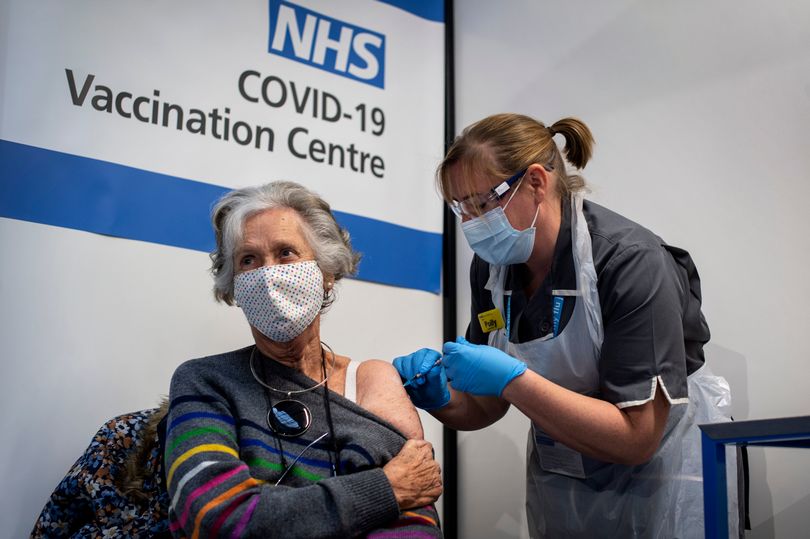So far, medicine regulators in the UK, US and Europe have all agreed that the potential benefits of Covid vaccination far outstrip the potential harms. It’s very reassuring.
But for people under 30, there is a low risk.
And who wouldn’t be concerned about even the most distant chance of a cerebral blood clot (CVT), especially as it carries a possible 20% mortality rate – about the same as patients with Covid who get CVT.
Up to now, there’s no proof that any of the Covid vaccines cause CVT.
Yes, I realise that is cold comfort for anyone who has had one and also for those close to someone who has sadly died.
But the thought we have to hang on to is that Covid-19 itself is associated with a far greater risk of CVT than the vaccinations that protect against it, according to recent research from Oxford University.
The risk of CVT “is many-fold higher after Covid-19 than after receiving a vaccine,” said the university’s Maxime Taquet, author of one study.
“That is the case, if you look at the Pfizer and Moderna vaccine [data] that we had direct access to, and is also the case if you look at the Oxford-AstraZeneca vaccine, if you look at data from the European Medicines Agency.”
The records of over half a million US patients with a Covid-19 diagnosis show the frequency of CVT is 39 per million people, and a similar number who’d had Covid-19 vaccination (Pfizer or Moderna) the frequency is 4.1 per million, which is 10 times less!
One in five patients with Covid-19 who had CVT died, similar to the death rate from CVT reported by the EMA in patients who received the AstraZeneca vaccine, said Taquet.
Around a third of CVTs in Covid-19 were in people under the age of 30, he added, but there was no obvious association with age and sex in cases of CVT.
After the UK Joint Committee on Vaccination and Immunisation compared intensive care admissions prevented by the vaccine and risk of blood clots, it decided people under 30 should be offered an alternative to the AstraZeneca vaccine.
Commenting on the most recent CVT study from Denmark and Norway, Professor David Werring of UCL says: “The absolute risk of thrombosis after vaccination in this large study from two countries was very small, which strongly suggests the benefits still outweigh the risks”.
So try to take comfort from that.

